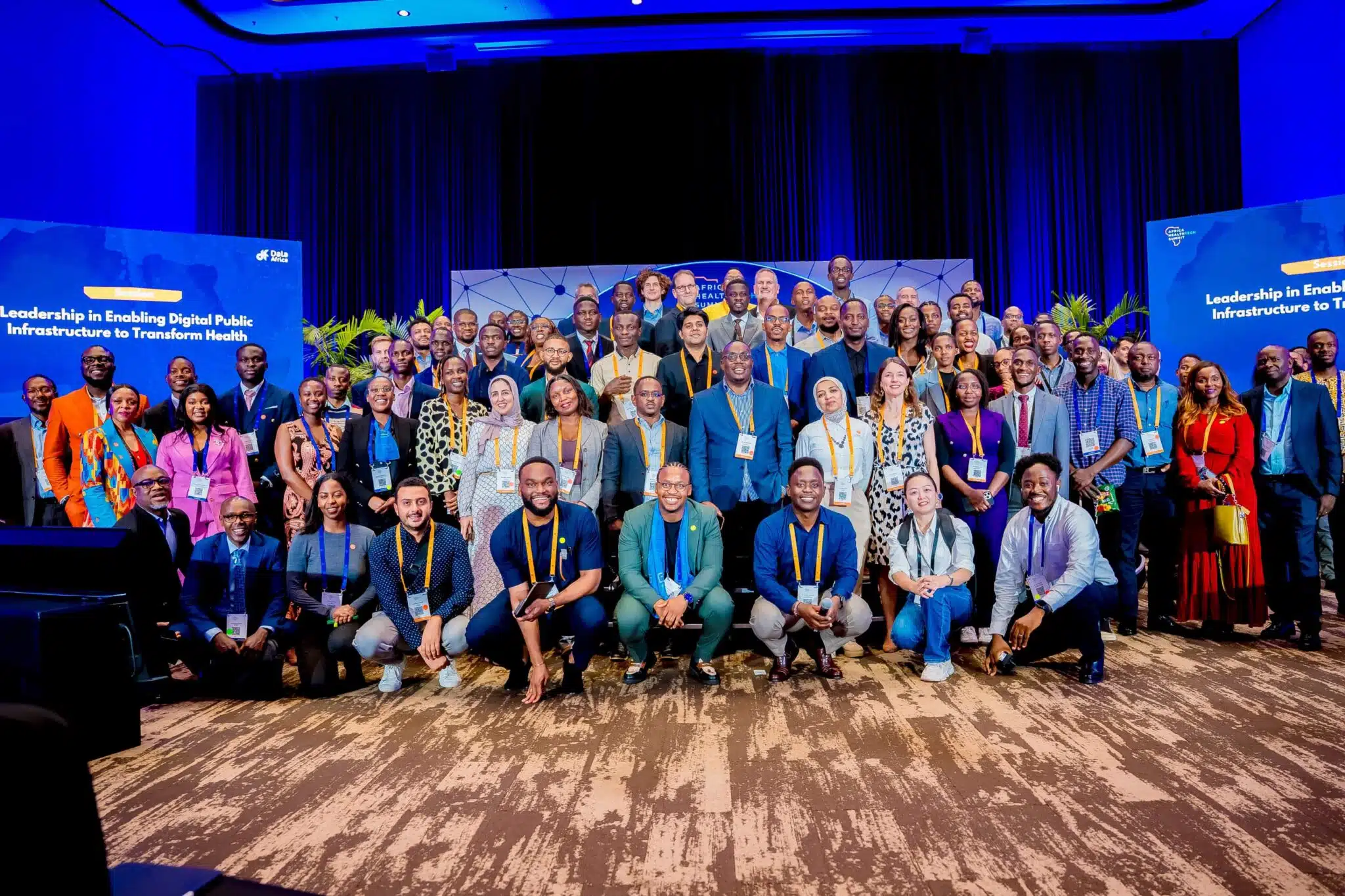Over the past decade, Africa’s technology ecosystem has transformed from a fledgling experiment into a magnet for global attention and capital.
We’ve witnessed the rise of unicorns, the spread of digital infrastructure, and the emergence of world-class talent. But beneath the surface of this success story is a less glamorous reality, one that threatens the legitimacy of everything we’ve built.
I’ve had the privilege, and the pain, of sitting on boards and leading startups as an operator at critical inflection points. In that time, I’ve seen how poor governance doesn’t just derail individual companies; it undermines entire ecosystems. And I’ve come to a firm conviction: without accountability to global governance standards, African tech will not scale.
In one case, I joined the board of a promising startup digitising payroll systems across multiple African markets.
The company had traction, a clear market need, and charismatic founders. But within months, troubling signs emerged: meetings with institutional investors were avoided, financials were difficult to obtain, and major decisions were made unilaterally. Despite early concerns from several investors, one founder consistently resisted efforts to bring in experienced leadership or establish stronger oversight.
A formal board was eventually constituted to address these concerns, including representation from the founders, investors, and an independent director.
However, the board quickly encountered resistance: limited access to information, delayed responses, and disregard for its authority. Simultaneously, troubling internal reports began to surface. Team attrition was high, morale was low, and employees described an environment marked by fear, opacity, and instability.
The same disregard for investor accountability appeared to extend to internal culture, raising deeper alarms about the company’s long-term viability.
The breaking point came when a reputable outside investor offered a term sheet for additional funding. Instead of bringing the proposal to the board as required, the CEO attempted to pursue it independently.

Victoria Fakiya – Senior Writer
Techpoint Digest
Stop struggling to find your tech career path
Discover in-demand tech skills and build a standout portfolio in this FREE 5-day email course
Despite encouragement from his co-founder to follow proper governance channels and seek board consent and support, he refused. When the investor discovered the board had been bypassed, they withdrew the offer immediately. That incident confirmed what many of us had feared: the breakdown wasn’t just an oversight; it was systemic.
Within weeks, the board was effectively sidelined and ultimately dissolved. With governance in disarray, internal culture fraying, and confidence evaporating, capital dried up. A company that once symbolised the promise of African fintech had become a cautionary tale.
In another case, I took over as interim CEO of a regulated neobank facing a deep crisis of confidence. The company’s core infrastructure was unstable, customers were losing trust, and internal governance had broken down. Over several gruelling months, we rebuilt operational controls, implemented transparent financial reporting, and empowered compliance and risk functions. Step by step, trust began to return.
But following my departure, that trust was steadily eroded. What followed was, in my view, a reversion to an authoritarian leadership style — marked by centralised decision-making, suppressed dissent, and the dismantling of board oversight.
Ironically, it was this very style of leadership that had contributed to the company’s earlier crisis: a breakdown in internal trust, weakened compliance structures, and a flight of both customers and talent. The return to that approach didn’t resolve the problem. It revived it.
For a regulated financial institution, removing formal oversight is not just poor judgment; it’s a breach of the very governance principles and laws required to protect customers and maintain regulatory trust. The decision-making environment once again became opaque and personality-driven.
This experience reinforced a difficult truth: governance must be institutionalised, not personalised. Without structural safeguards and a leadership culture grounded in transparency, even the most meaningful progress can be undone.
These are not isolated incidents. Across the ecosystem, we are witnessing governance failures that are not just embarrassing but structurally corrosive.
When a startup misuses investor capital, ignores basic controls, and gaslights its customers and employees, the damage doesn’t end with the company. It ripples outward: to co-investors who lose confidence, to employees who burn out, and to founders who now struggle to raise capital and attract customers because the trust deficit has widened.
In some cases, I’ve seen angel investors side with founders against hard evidence of mismanagement, choosing familiarity over fiduciary responsibility. In others, international investors have quietly blacklisted entire markets due to a single catastrophic experience. This is not an exaggeration. It is happening. And it will continue, unless we make governance a first principle, not an afterthought.
Governance is not just about legal compliance or quarterly board meetings; it’s about building trust. And trust is the oxygen of any functioning market, especially one as young and globally scrutinised as ours.
There are three key shifts we must make:
- Depersonalise leadership. Startups are not personal kingdoms. Founders may initiate the vision, but durable companies require teams, processes, and the humility to step aside when the moment demands it. A founder being replaced should not be seen as a startup’s failure — it’s often the clearest sign of institutional maturity.
- Empower boards. Too many boards, when they exist, in African tech are ceremonial, not functional. If a board cannot access financials, interrogate burn rates, or make hiring and firing decisions, it’s not a board — it’s a liability.
- Raise investor standards. Investors are not exempt from blame. We’ve over-indexed on product-market fit and momentum and underweighted founder temperament, ethical track records, and governance capacity. We need to stop treating due diligence as a one-time exercise and start viewing it as a continuous responsibility.
The African tech ecosystem is not short on talent. We are not short on ideas. What we lack is institutional scaffolding — the invisible systems that turn brilliant tech hacks into enduring platforms. Ironically, this is not a new problem. Africa has a long tradition of governance, accountability, and stewardship. What we need is not foreign wisdom but applied wisdom.
Too often, governance is mistaken for bureaucracy, or worse: Western paternalism. But in truth, it is deeply African.
Long before venture capital arrived, our communities were governed by elders, councils, and accountability mechanisms designed to steward shared resources wisely. What we lack today is not cultural grounding but applied will. In our rush to emulate Silicon Valley, we’ve imported its ambition but neglected the discipline that sustains it.
The painful irony is that we’ve done this before. Nigeria’s banking sector underwent a brutal but necessary transition in the 2000s and 2010s, driven by regulatory reform and enhanced governance standards. The result? A financial system that, despite its flaws, has proven resilient, scalable, and globally integrated.
You cannot operate a licensed bank without a CFO, audited financials, and risk controls. So why should a fintech moving tens of millions in payroll, payments, or credit be allowed to operate without basic internal oversight?
While early-stage companies need flexibility, once technology companies begin handling significant transaction volumes or affecting consumer livelihoods, governance can’t be optional. The stakes are simply too high.
If we do not course-correct, we will lose the next generation of builders. Young Africans, software engineers, product managers, and creatives are watching. And if they see that charisma trumps character or that capital rewards chaos, they’ll either disengage or replicate the dysfunction.
The burden is on us, operators, investors, founders, and ecosystem leaders, to raise the bar. Not for performative press releases, but for the actual health of the system. Because without trust, we will not attract long-term capital. Without accountability, we will not scale. And without governance, we will not last.
We are building more than companies. We are building the foundations of a new economy. And the question before us now is simple: Do we actually want to build something that lasts?
Because the truth is, we will not build giants if we are not willing to be governed.
I’ve seen what happens when we let silence do the talking, when founders aren’t challenged, when boards are neutered, when investors disengage. I’ve lived through the erosion of trust, the unravelling of promise, and the collapse of companies that should have thrived. That is not a story I want to repeat.
For me, and for Kinfolk, governance is not a negotiation. It is the ground we stand on.
We’re not quitting African tech. We’re just done pretending it doesn’t need standards. The next chapter belongs to those willing to build with both brilliance and integrity.
We’re not here to win at any cost. We’re here to build companies that endure, companies worthy of Africa’s next generation. That means asking hard questions, holding uncomfortable lines, and walking away when values are compromised.
Because if trust is the currency of markets, then governance is its mint. And no ecosystem, no matter how innovative, can afford to counterfeit it.
About the author
Toni Campbell is the Founder and Managing Partner at Kinfolk Venture Capital. The firm has previously invested in African startups such as Norebase, Bento, and Yassir.











